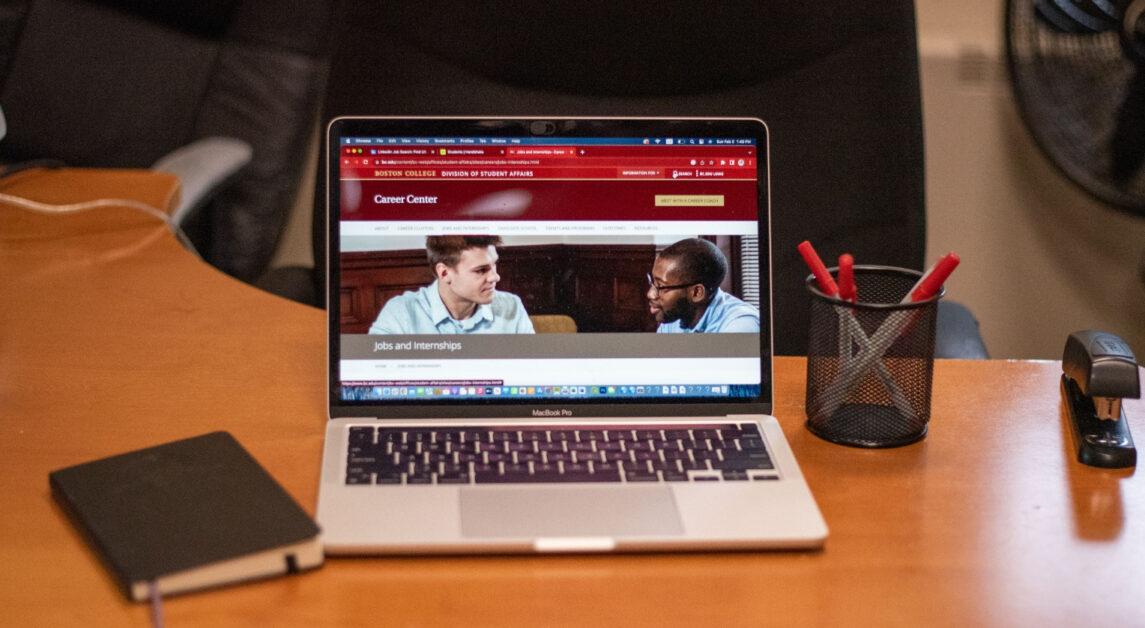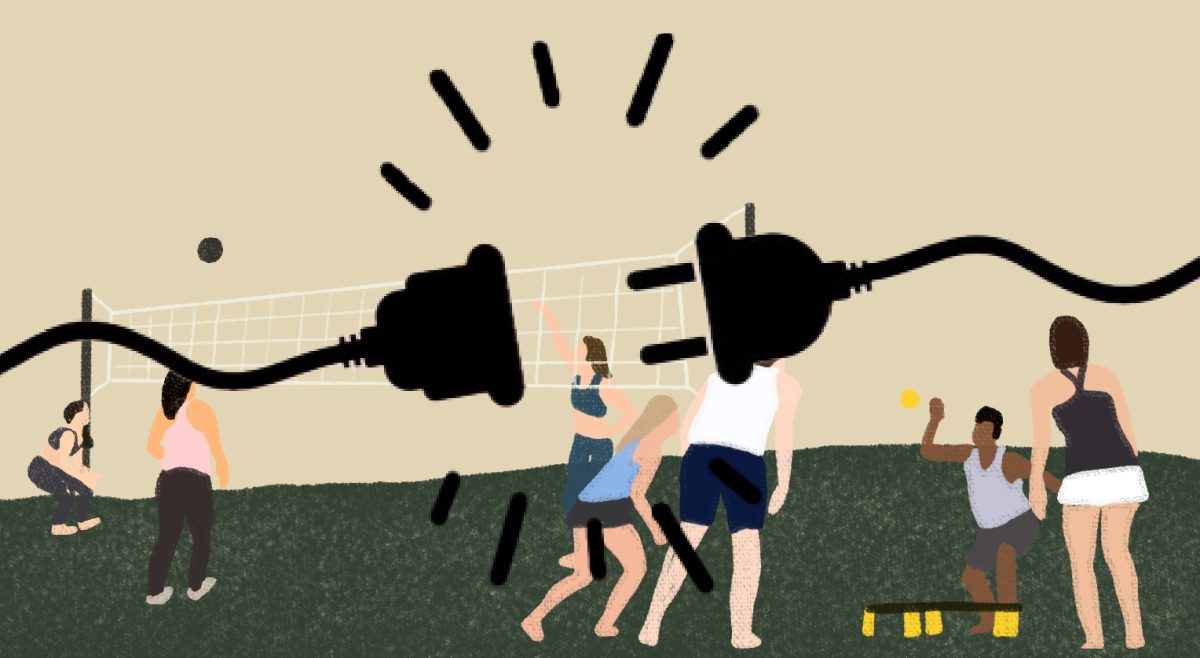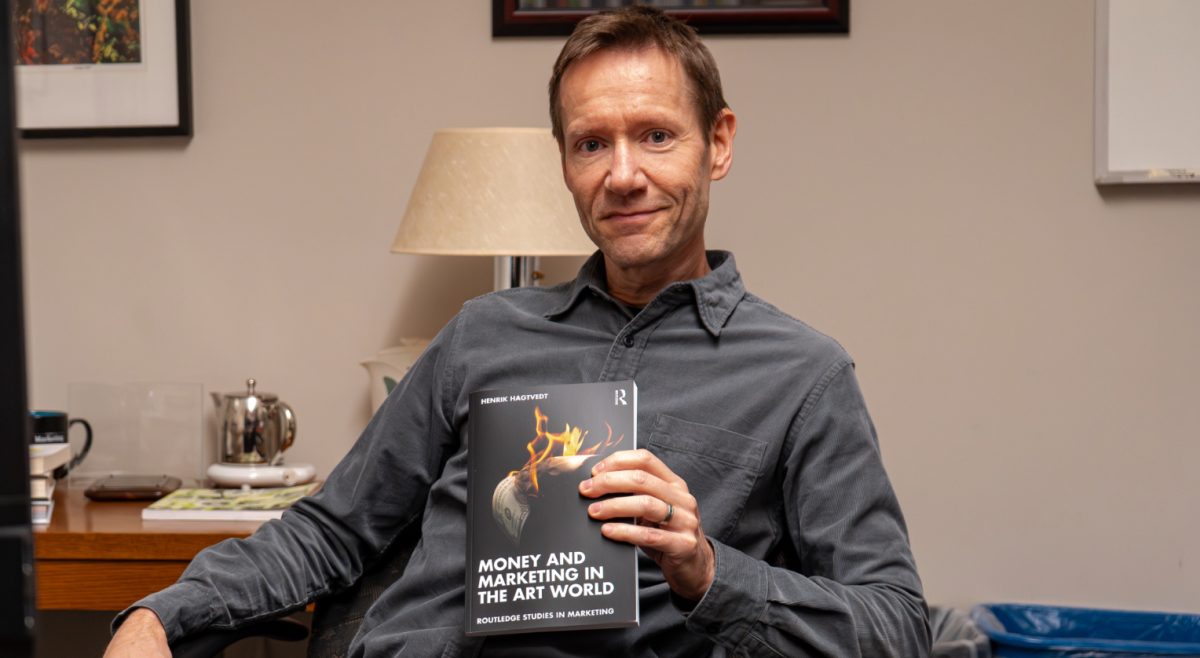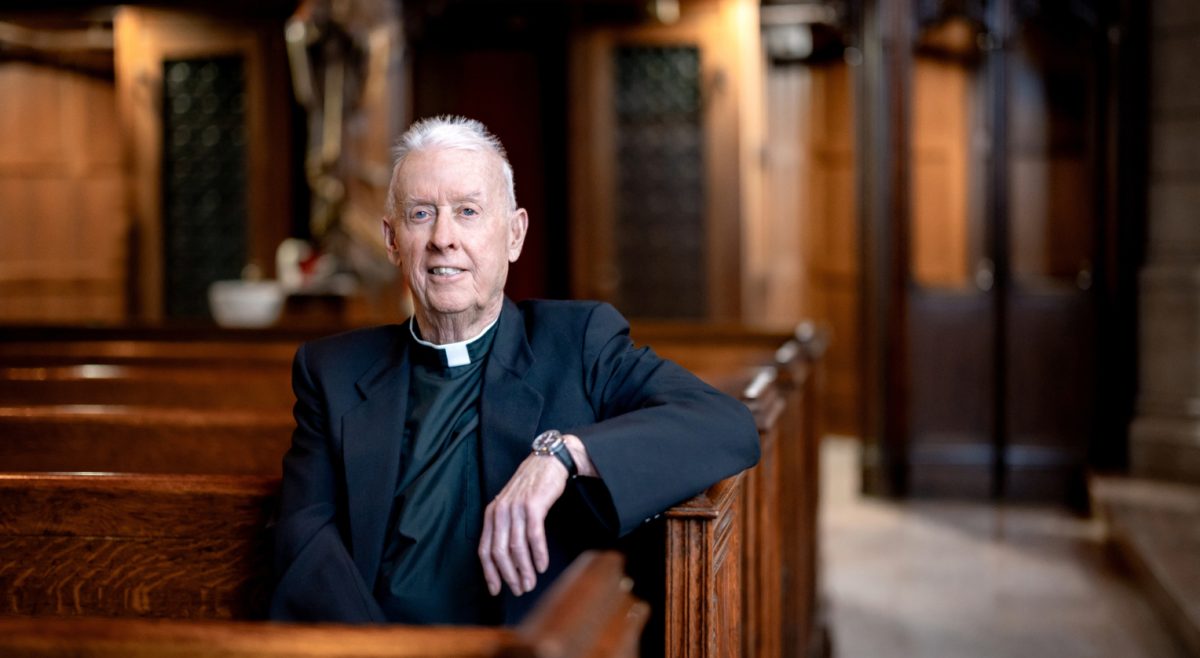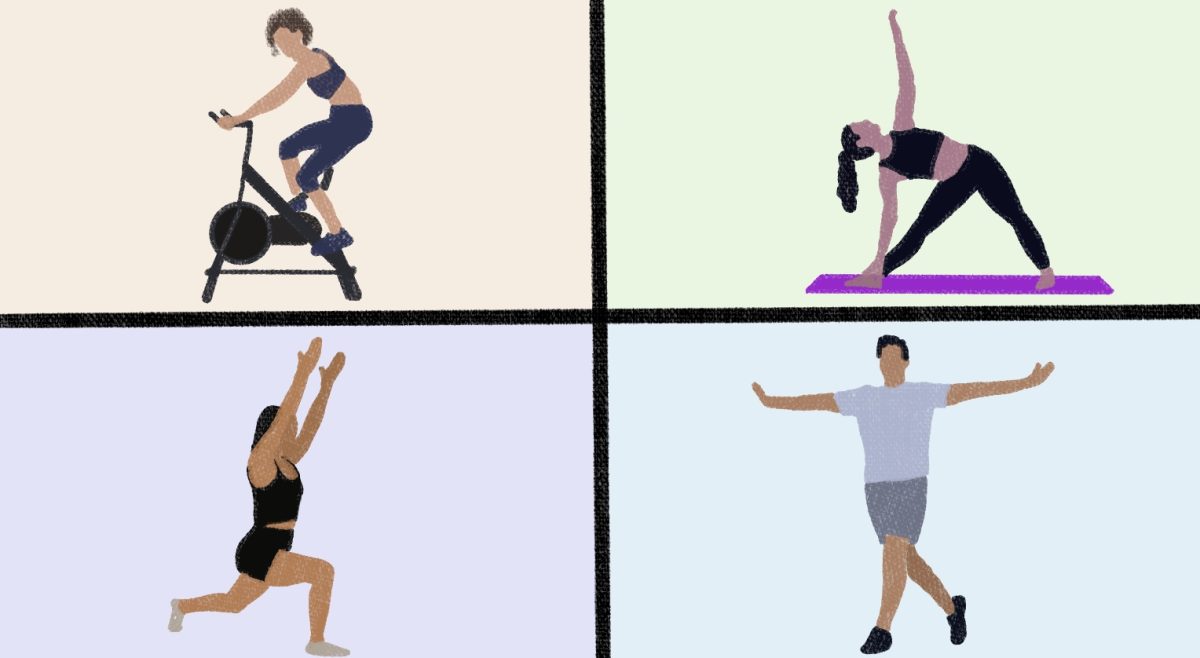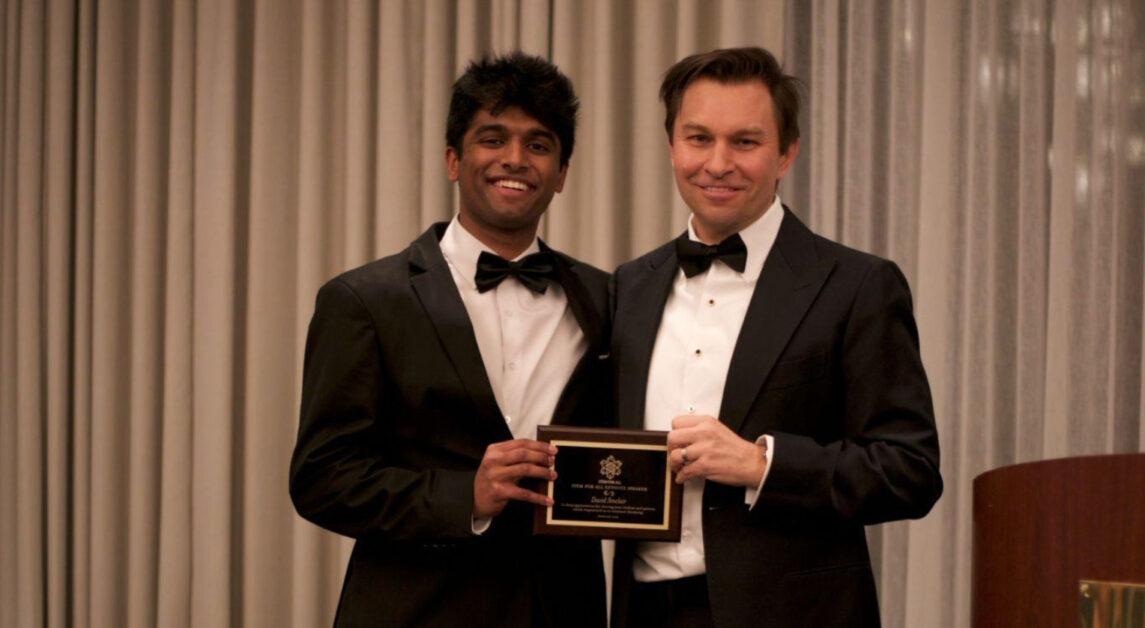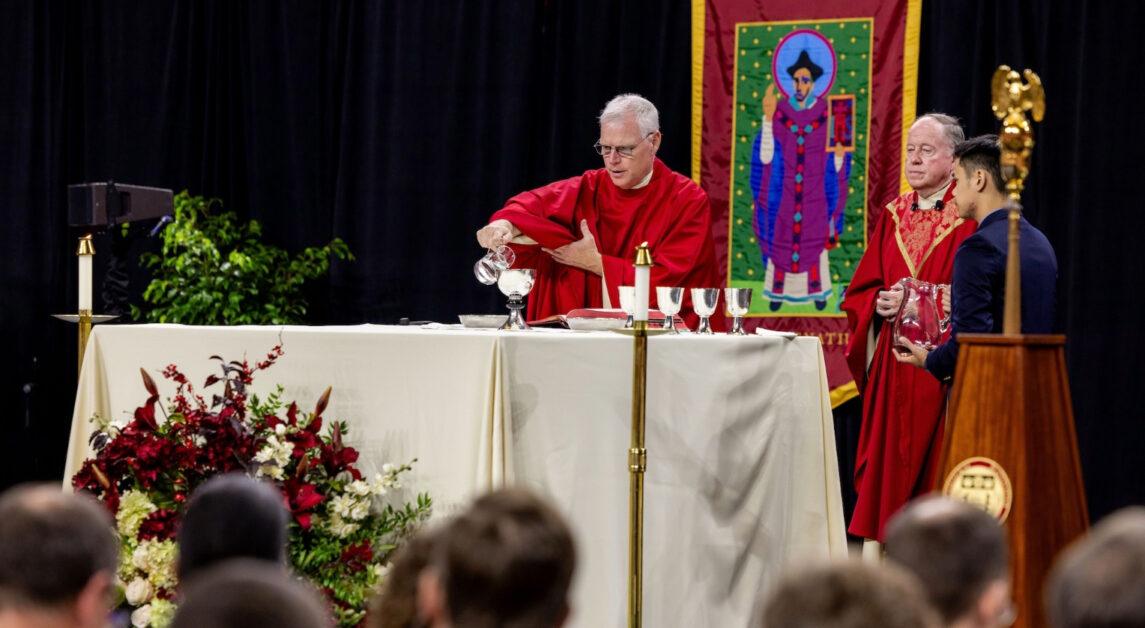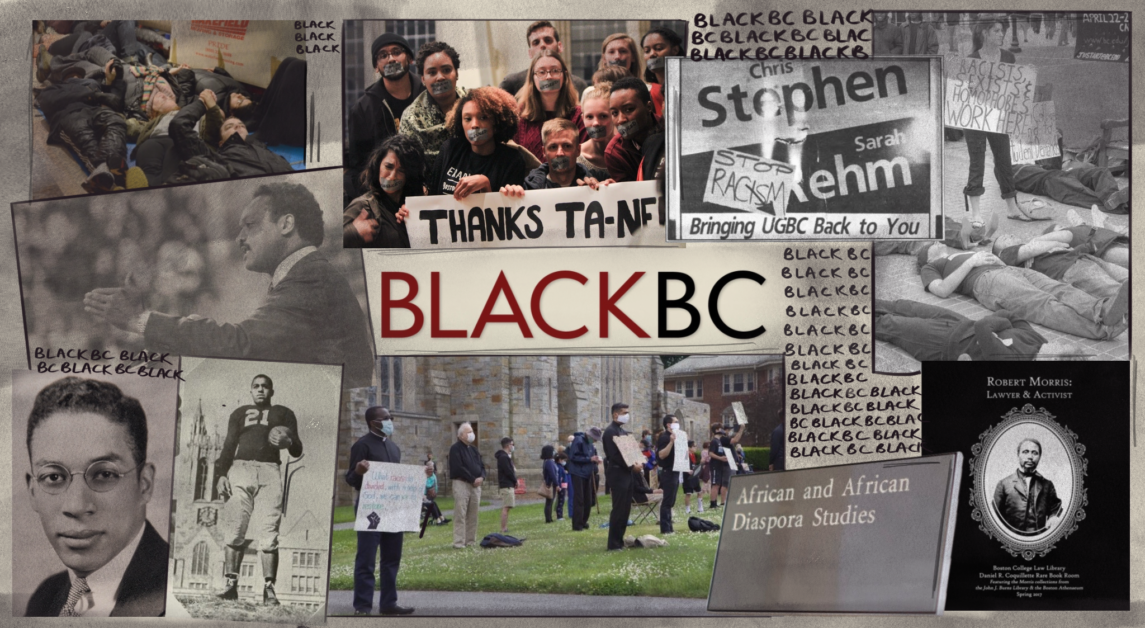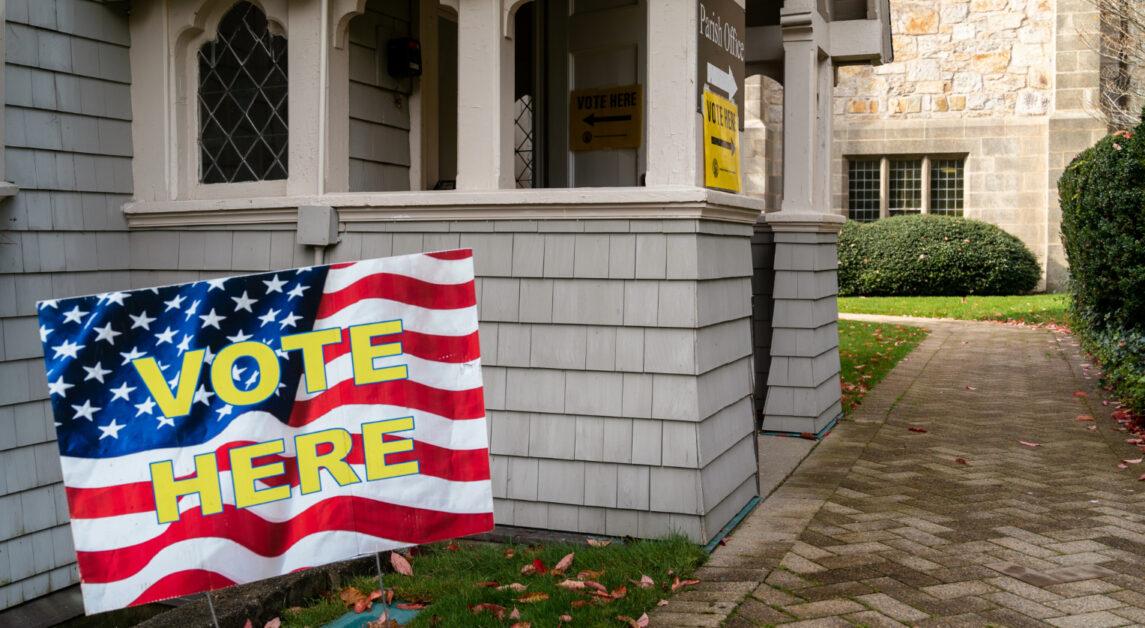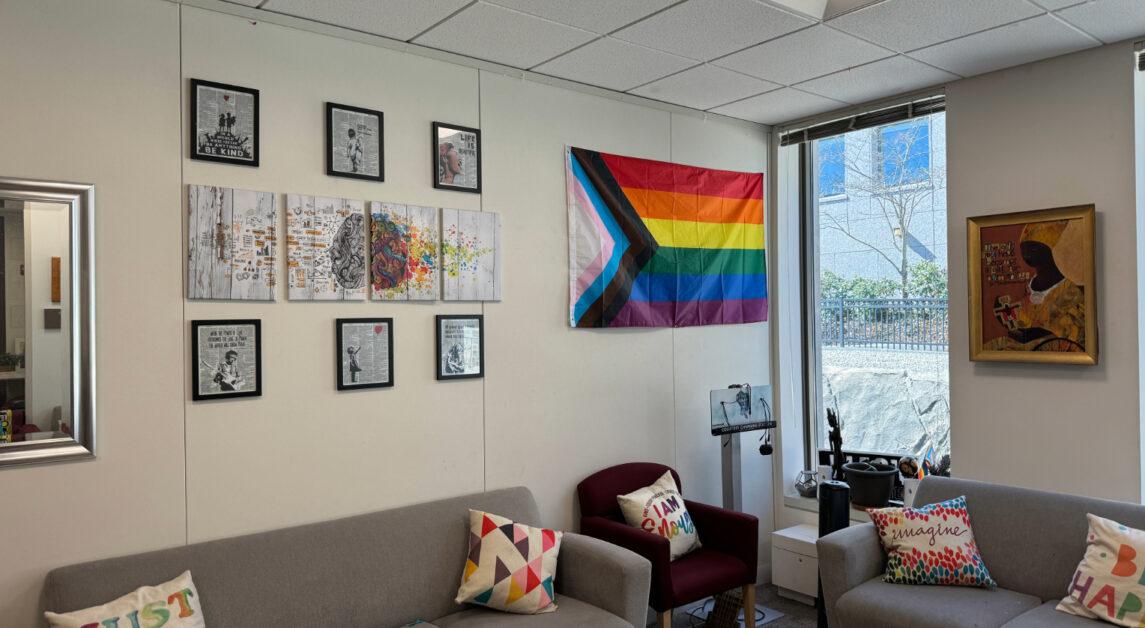When Shannon Liu envisions her future career path, she thinks of ikigai—a Japanese concept that translates to “reason for being,” combining what people love, what they are good at, what the world needs, and what they can be paid for.
“For me, [it’s] teaching—it’s something that I love, but it’s also practical for me, so I’m good at what I like to do,” said Liu, a graduate student in the Lynch School of Education and Human Development.
Ikigai helps Liu balance practicality and satisfaction in her professional life. But despite feeling secure about her current work opportunities, she said she has concerns about future employment in a city with a competitive job market.
“I think I feel both, definitely secure in the sense that I have enough work right now, but it’s still not a long term position post-grad,” Liu said. “So there are still concerns about whether or not I’ll be able to get a job post-grad, especially being in Boston.”
For many college students, the start of spring semester also marks the beginning of employment searches—ranging from summer internships to post-graduate jobs. But after the onset of the COVID-19 pandemic, the resulting economic fallout, and rising levels of mental distress, college students are emerging into the workforce during uncertain times.
In a survey conducted by Handshake—an online networking platform utilized by the Boston College Career Center—about 1400 university students in the classes of 2022 and 2023 were asked about their feelings toward the economy. Seventy-five percent of those students said they prioritized finding stability in jobs. 50 percent also said that current economic news is impacting how they view their future careers.
“This fall, the class of 2023 will enter their final year of college having experienced a global pandemic, an unprecedented shift to remove instruction, the Great Resignation, and rising inflation,” the survey reads.
While BC students have access to the Career Center and its resources, the national waves of job-centered anxiety have disseminated to the Heights—and students are treading to find a balance between pragmatism and passion.
Rachel Greenberg, director of career education and strategy at the Career Center, said that during COVID-19, less students visited the Career Center’s offices, causing the department to quickly pivot its work to understand students’ changing needs.
Even as the initial effects of the pandemic wane, Greenberg said students and Career Center employees are still having conversations about the struggling economy and students’ anxiety about finding jobs.
“What I’m hearing from our staff in general is that there is a bit more anxiety, again because there have been lots of rumblings for some time about what is the state of the economy,” Greenberg said. “So we would encourage students who are feeling that to come in and talk to us and really kind of get a lay of the land.” Greenberg said that while students’ fears and anxieties are understandable, she thinks students are often more worried than they need to be.
“We have not yet seen an impact on hiring of our students or activity of employers, and we’re continuing to hear from employers that they plan to hire,” Greenberg said. “So while we know that there’s a lot of conversation about the potential for recession—while we know there are layoffs happening in industries like tech, big tech in particular, there are still opportunities out there.”
Amy Donegan, assistant dean for Undergraduate Career Advising in CSOM, wrote in an email to The Heights that stability and securing dream jobs are not mutually exclusive endeavors for students. Rather, it is possible that students are simply valuing higher levels of stability from employers than they were before.
“And stability can present itself in any number of ways—high base salary rather than commission, opportunities for progression and advancement within the company rather than moving externally, a longer funding runway for startups and entrepreneurial organizations, and more,” Donegan wrote.
Generally, after a student visits the Career Center to ask questions, Greenberg said they feel that job searches are less daunting and more manageable.
“They leave feeling less anxious, less worried, like they have a concrete set of next steps that they can take to make progress,” Greenberg said. While she has not visited the Career Center, Gemma Hopkins, MCAS ’25, said she has used Handshake as well as Eagle Exchange, an online service that connects BC students to alumni. Hopkins said that above anything else, she does independent research to find job openings.
“Honestly like I’ve just been doing a lot of my own independent research and like, I’ve been like, meaning to reach out to more people,” Hopkins said. “But like I just keep looking, I just keep refreshing, I’ll be like ‘internships near me,’ and some have actually worked out—or shown up at least.”
Robert Smith, CSOM ’23, said he has also used Handshake, but found it difficult to take the platform’s automated job opportunity emails seriously. And after having a meeting at the Career Center once, he does not think he will seek out the center’s help again.
“I found it helpful from an inspiration standpoint, but it didn’t necessarily help with a concrete like ‘you should approach this company’ necessarily,” Smith said. “It was mostly just for understanding that a lot of people have the same struggles to try to get a job.
Hopkins said she started searching for summer internships for this year, but finds it difficult to find positions that are both accessible and well-paying.
“We still need to work because we’re in college obviously,” Hopkins said. “Ones that are like—because I’m not going to be in Boston over the summer—more local where I live are harder to find, but I found one that seems really [interesting] and it doesn’t pay great, but still pays which is better than nothing.”
She added that majoring in biology—rather than a major with a linear employment trajectory—also creates uncertainty about the future.
“If you’re an education major, like you’re pretty sure you’re going to be a teacher, you know,” Hopkins said. “For bio majors, I mean, because I’m not pre-med but I’m like pre-health, I’m not really sure. So it makes it a little more variable—and then even more so if you’re like, in different communities. I think that can be really intimidating.”
Smith said he is unsure if students with certain majors have greater difficulty finding jobs than others. While college students are seeking employment in a competitive job market, Smith said he thinks it is possible for students to eventually find jobs.
“I think it’s really challenging right now,” Smith said. “I think it’s harder to find a job immediately, but I think everyone will end up having a job by the end of the semester.”
Smith says his most successful outcomes while searching for jobs were the result of networking and informal phone calls.
“I’d say the least successful has been just throwing a resume into a big application portal,” Smith said. “I’ve had much more success and learned a lot more from talking to people and caring about their experiences rather than just throwing in my resume.”
Similar to Smith, Hopkins said she has taken advantage of networking with experienced professionals. Endeavor—a free three-day career exploration program held during winter break—was an especially useful mode of networking, Hopkins said.
“I thought Endeavor was really helpful for myself and like I’ve already been able to talk with some alumni and stuff which has been really cool,” Hopkins said. “BC does have good alumni network connections for sure.”
In terms of strategies, Greenberg said she advises students to prepare early, seek advice about their resumes, and network—especially through Eagle Exchange. Beyond this, Greenberg said students should be more open minded around the types of job opportunities they consider.
“Within your control is sort of like your mindset and your willingness to sort of explore opportunities where you may not even know the name of an organization,” Greenberg said. “And that does not mean it’s not a good opportunity, it could be a phenomenal opportunity, and it often is.”
Donegan wrote that students who have graduated from Boston College within the past few years had to navigate a different career landscape than their predecessors. Despite this, she wrote that BC students are typically successful with their job and internship prospects—if not by graduation, then by three months after.
“The fears of recession and layoffs tend to affect those a little further in their careers than new graduates,” Donegan wrote. “And it is always a good professional practice for new graduates to be aware of what is happening in the news that might have an influence on their career plans and aspirations.”
When asked to describe his confidence levels while finding jobs, Smith said he thinks there is a 95 percent chance he will get a job straight out of college, but 50 percent for getting the right fit.
Hopkins said her confidence in finding a job out of college is a three and a half out of five.
“I feel like, all right, but also like I haven’t been at the Career Center yet or anything, which I know people say is a lot of help,” Hopkins said.
Ultimately, Hopkins said that she hopes to find a job that she enjoys.
“I really think for myself, it’s so important to do something that I love,” Hopkins said. “But it’s also so hard because now, money is such a big thing and jobs you actually enjoy aren’t going to pay as well, typically.”
Karyl Clifford contributed to reporting.

